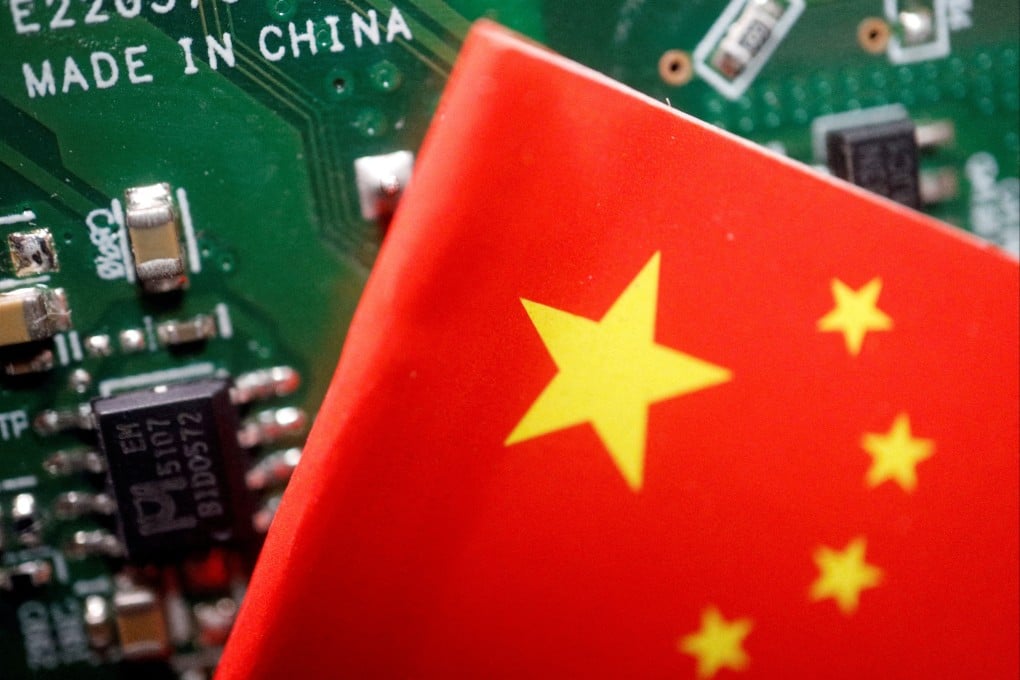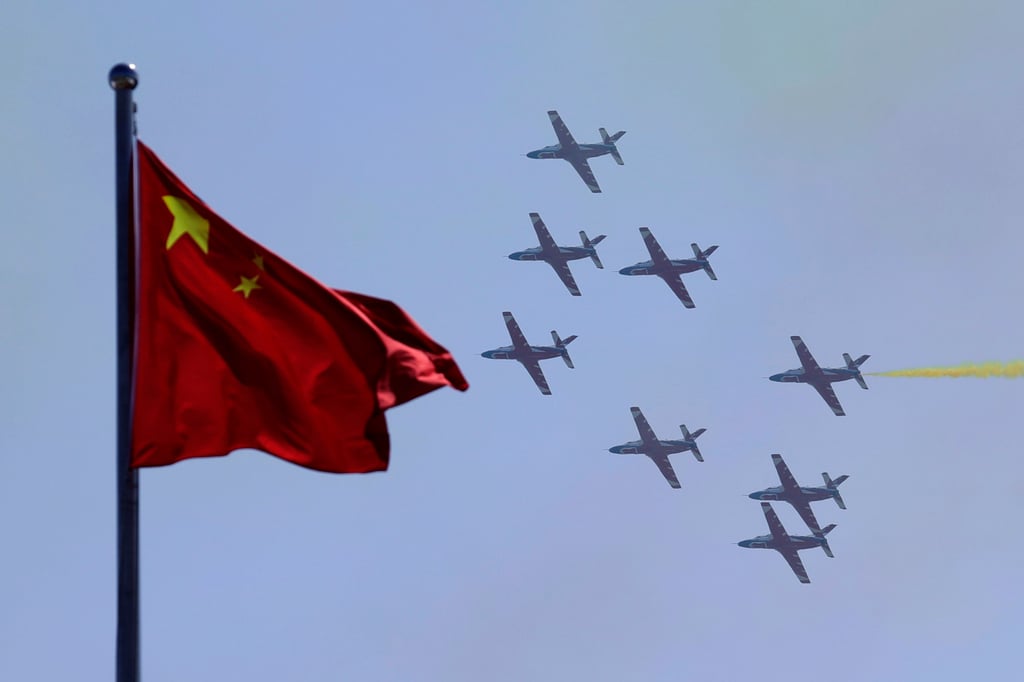New US export limits on AI chips won’t affect PLA immediately, analysts say
- Over time, though, restrictions on chips and tools that support advanced weapon systems could affect military modernisation
- Still, analysts say, the long-term effect of the move should be to accelerate Beijing’s development of its own chip technology

Washington’s new export rules, intended to prevent the Chinese military from acquiring advanced AI chips for weapons development, would not have an immediate impact, but they might impede the PLA’s modernisation drive, analysts said.
“The People’s Liberation Army’s active weapons systems are predominantly supported by regular 45-nm and 28-nm chips. It doesn’t need to use the advanced A100 and H100 chips made by [US chip maker] Nvidia listed in the new bans,” said Zhou Chenming, a researcher with the Beijing-based Yuan Wang military science and technology think tank.

“Of course, the military also needs to command supercomputers, ChatGPT and other AI large language models, but China has developed its own substitute chips in ways similar to what Huawei has achieved with its Kirin 9000s,” Zhou said.
On Tuesday, the US Commerce Department further tightened its existing export restrictions for advanced computing semiconductors, chipmaking tools and other cutting-edge items that would support AI applications and end-uses in advanced weapon systems.
The new measures came just weeks after Huawei Technologies developed its own advanced seven-nanometer chip Kirin 9000s. Huawei has not disclosed how the chip was built, but industry sources say it was based on chips made by Nvidia, based in Santa Clara, California.
Such consideration appeared to have prompted Washington to further tighten the types of chips that US suppliers could export. The department also placed two Chinese graphic processing unit (GPU) chip start-ups – Moore Thread and Biren – on its “entities list” of companies US suppliers cannot do business with.
